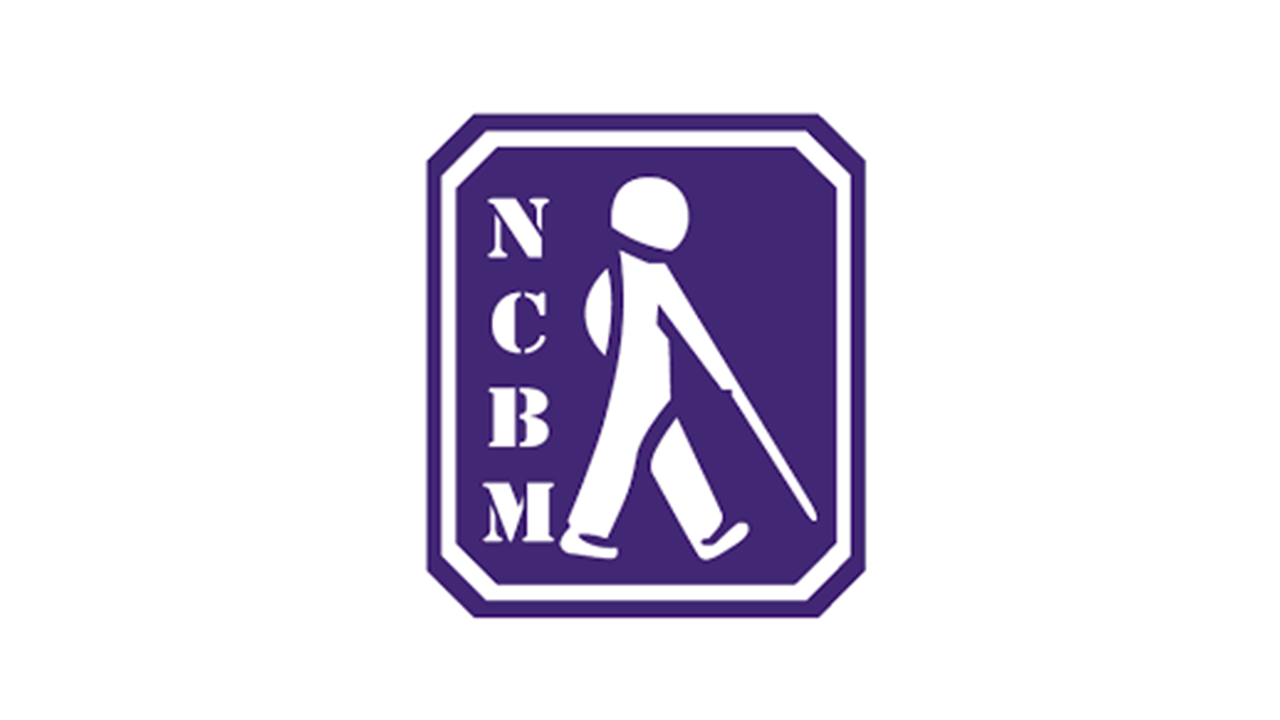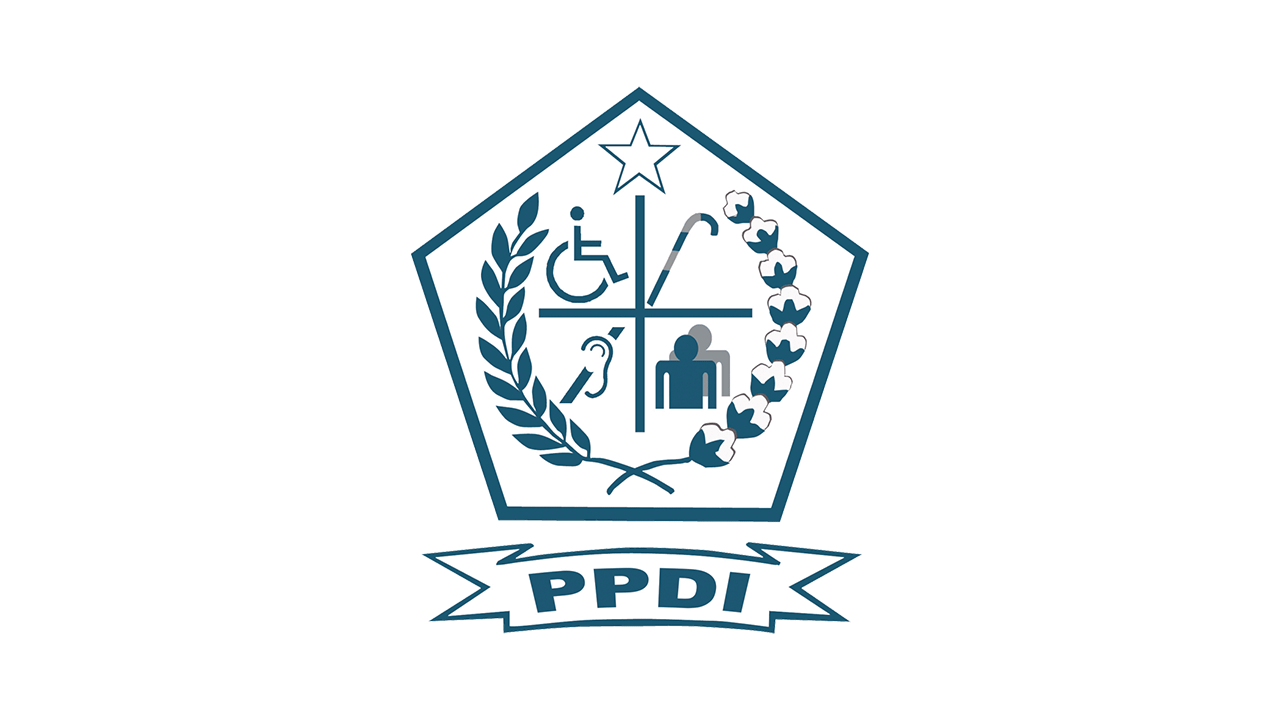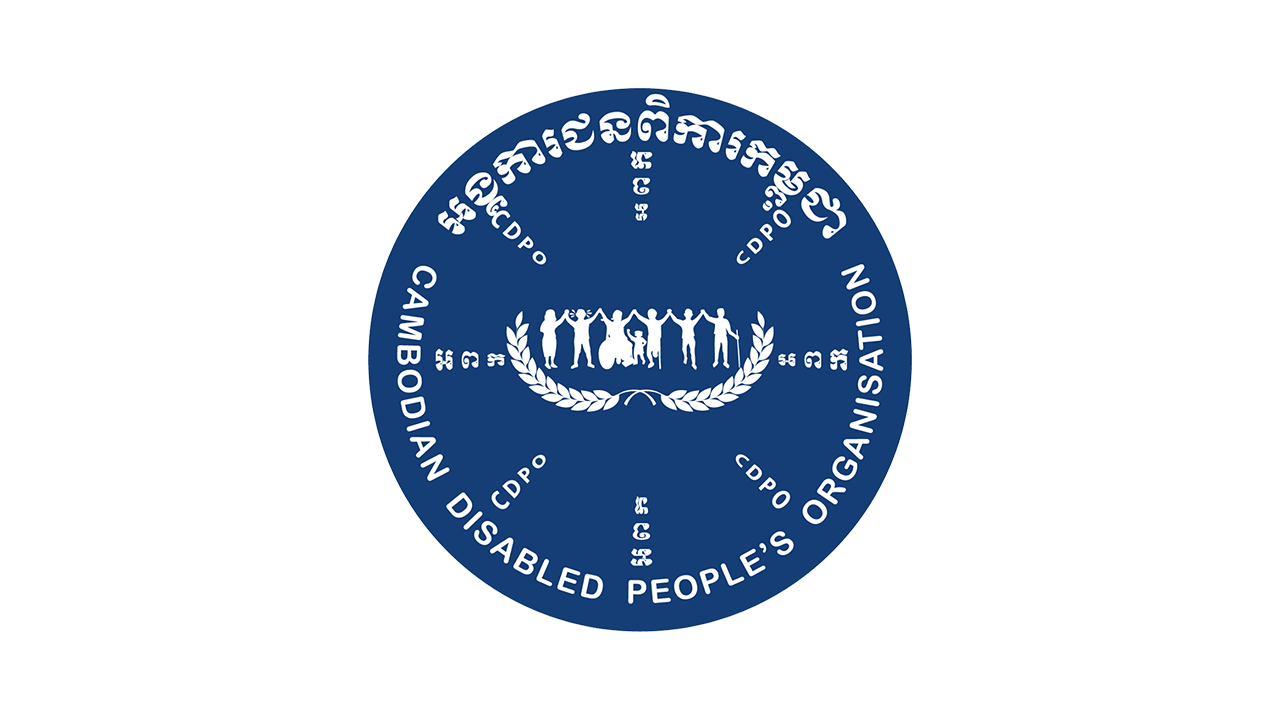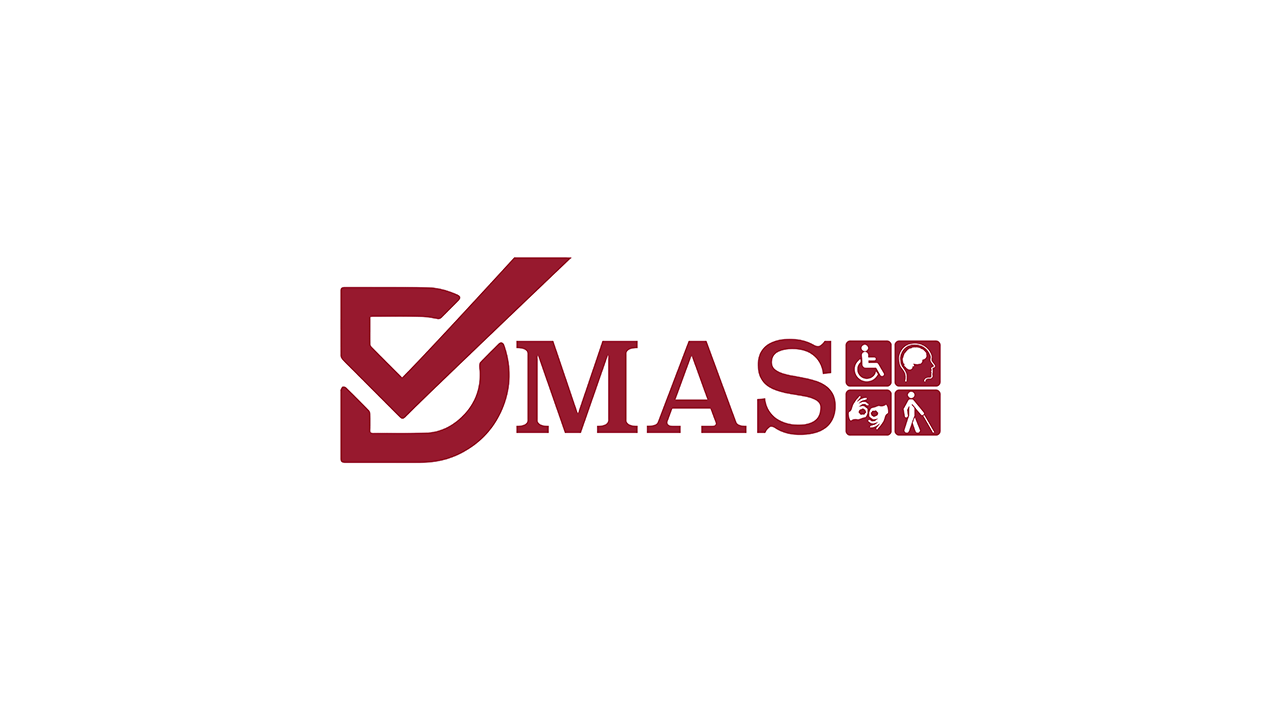On October 5, AGENDA, ADF and the ASEAN Secretariat (ASEC) held the second web forum on Disability Inclusion and ASEAN Economic Integration. This web forum was the second out of three web forums ASEC has initiated to mainstream disability rights throughout all three ASEAN pillars (political-security, economic, and socio-cultural). Dr. Aladdin D. Rillo, Deputy Secretary-General of the ASEAN Economic Community (AEC) delivered opening remarks highlighting the importance of aligning ASEAN policies to include persons with disabilities, providing an enabling environment for persons with disabilities, supporting disability-focused project or initiatives and incorporating disability rights into AEC monitoring. During the first session, moderated by Lim Puay Tiak, Chairman of ADF, speakers discussed pathways for disability inclusion in ASEAN economic integration. IFES Consultant John Paul Cruz urged ASEAN to ensure its integration efforts are disability-inclusive and stated that including persons with disabilities in ASEAN economic integration will make the region more competitive. According to Cruz, incorporating persons with disabilities into the labor market may eventually increase the GDP of developing countries in the region by seven percent. Former Thailand representative for the ASEAN Intergovernmental Commission on Human Rights (AICHR) Dr. Seree Nonthashoot stressed that positioning AEC as a key enabler of persons with disabilities and empowering them as economic agents, not merely welfare recipients, are some of the key ways to mainstream disability rights in AEC. He also encouraged all ASEAN member states to go beyond the Enabling Masterplan in fulfilling their obligations. Rajeev Kumar Gupta, Regional Programme Manager of UN Capital Development Fund, spoke on market-based approaches to benefit marginalized people and emphasized the importance of disaggregated data as one of the important needs for private sectors to inform their decision making. Nguyen Thi Lan Anh from the Network of Inclusive Entrepreneurship in ASEAN provided recommendations including developing new skill sets for persons with disabilities to explore new employment opportunities, enhancing policy implementation related to employment, improving access to education, setting up an employment quota for persons with disabilities and raising public awareness on the right to employment for persons with disabilities.
Miguel Musngi, Senior Officer at the Poverty, Eradication and Gender Division of ASEC, moderated the second session, which provided an opportunity for international organizations and the private sector to share good practices on investing in disability inclusion. Cai Cai from the United Nations Economic and Social Commission for Asia and the Pacific (UNESCAP) stressed the importance of positioning accessibility as a prerequisite for mainstreaming disability rights and recommended that all stakeholders deliver public information in accessible formats. This includes making COVID-19 related medical and quarantine policies accessible and safeguarding income security through social protection policies. Ilaria Chan, Group Advisor at Grab, a ride-sharing and service delivery company, spoke on Grab’s approaches as a “double bottom line company” that is looking to maximize financial profit while contributing to a positive societal impact by empowering and serving customers with disabilities through technological innovations. During the final session, Dr. Sita Sumrit from ASEC summarized and collated recommendations from the discussions, which included recognizing persons with disabilities as economic agents, promoting accessible environments, infrastructures and attitudes, addressing gaps in market systems development, tapping the potential of finance, digital, and data inclusion and sharing good practices and innovative solutions for adaptability and accessibility. She also encouraged stakeholders to anchor disability inclusion in the Sustainable Development Goals’ Decade of Actions, especially addressing inclusive economic development, decent work and inequalities. The web forum officially ended with closing remarks from Lim Puay Tiak encouraging all stakeholders to work together to ensure persons with disabilities can be financially independent and included in ASEAN’s economic integration agenda










